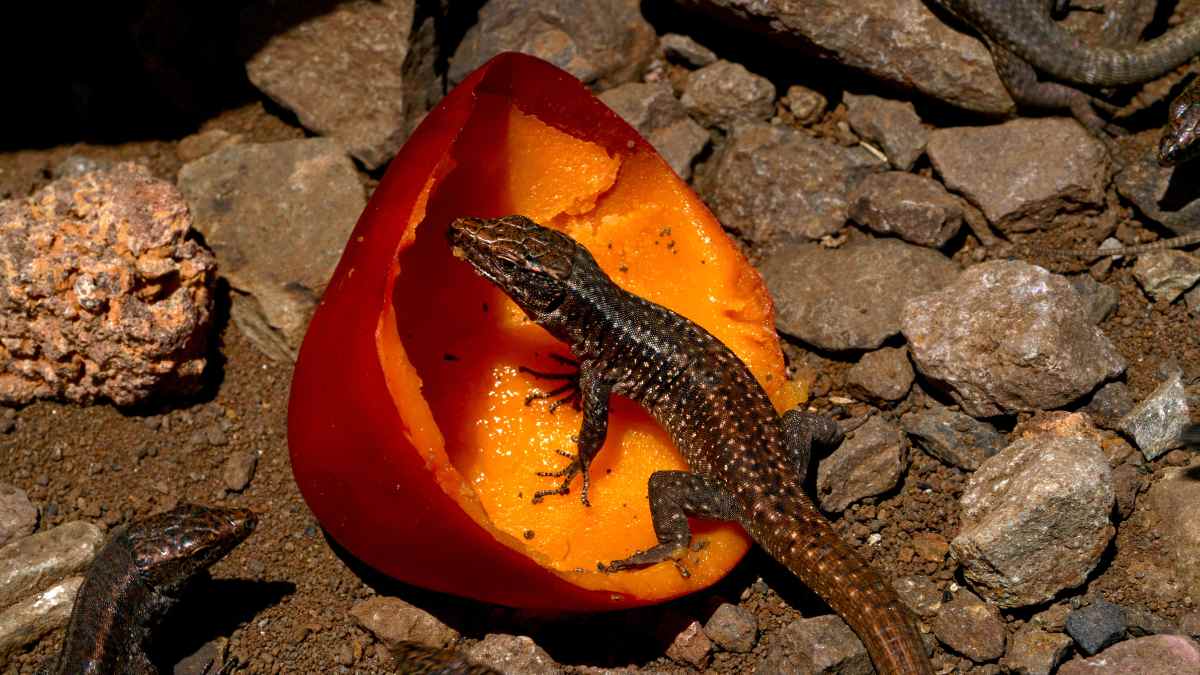Do you know that lizards can eat fruits? It might surprise some people, but it’s true! These fun, wiggly little guys have a pretty varied diet, and that includes fruits!
From bananas to apples, lizards can eat plenty of different fruits all year round. But what fruits can lizards eat?
Are there any fruits that you should avoid? Read on to find out!
For lizards, sometimes eating fruits may seem like a strange concept, but they enjoy it a lot.
Not only do they get to indulge in a juicy, sweet snack, but they get to do so with all the vitamins, minerals, and other important nutrients that the fruit contains. Plus, it’s a great way to get some added hydration into their diet.
But what fruits can they eat?
Nutrition Requirements for Lizards
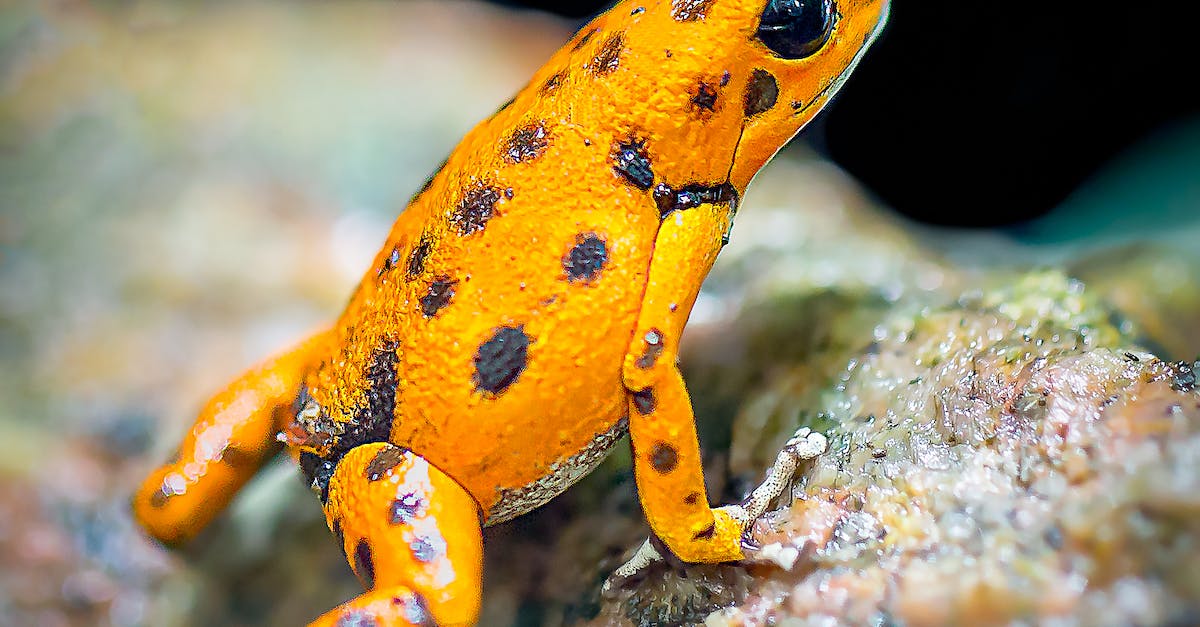
Do you feel you often don’t have enough energy to keep up with your pet lizard’s boundless energy? That’s probably because they need more nutrition than the average pet. If you want to ensure your scaly sidekick stays healthy and full of vigor, you need to feed them the right food. But what are lizards’ nutrition requirements?
While there isn’t a one-size-fits-all answer for what to feed your little buddy, you can use some rules of thumb as a guide when supplying them with snacks. First, you’ll want to stick to high-quality, natural foods whenever possible. Fruits, vegetables, insects, and commercially prepared food designed specifically for lizards can all be great sources of nutrition. Ensure you avoid processed junk food (which they’re tempted by occasionally!).
-

Beaded Dragon Fan Exclusive: ‘Original Hipster’ T-Shirt – Wear Your Unique Style with Pride – Unisex t-shirt
£13.00 – £20.50 Select options This product has multiple variants. The options may be chosen on the product page -

Chinese Water Dragon Aquatic Mastery Tee: Dive into Elegance with Our Exclusive Reptile Enthusiast Shirt – Unisex t-shirt
£13.00 – £20.50 Select options This product has multiple variants. The options may be chosen on the product page
As far as fruits go, lizards are partial to blueberries, apples, pears, melons, and oranges. Vegetables like squash, carrots, corn, cucumbers, and zucchini also make for tasty treats. And if you have any laidback lizards in your house, you may even find them snacking on flower petals and leaves from around the yard. Just make sure to avoid any toxic plants when foraging for snacks outdoors.
Regarding insects, crickets, mealworms, silkworms, waxworms, and roaches can provide excellent fuel for your lizard’s adventuresome day. Keep in mind that sourcing insects can be tricky and carry certain risks if you’re not careful.
For instance, wild-caught insects may carry parasites or other organisms that could ill your lizard.
But opting for commercially prepared food sources can provide the nutrition your lizard needs while protecting them from potential threats like parasites. Ensure the food you get is intended for lizards and hasn’t been contaminated by other animals.
No matter what type of food you choose, it’s important to ensure your lizard gets all the essential nutrients they need. Since each lizard species has different dietary requirements, you’ll want to speak to a reptile expert to get specific advice tailored to your pet’s species.
With enough care and attention, your lizard will thrive and keep their energy levels high so it can keep up with you, no matter where your adventures take you!
What Fruits are Most Suitable for Lizards
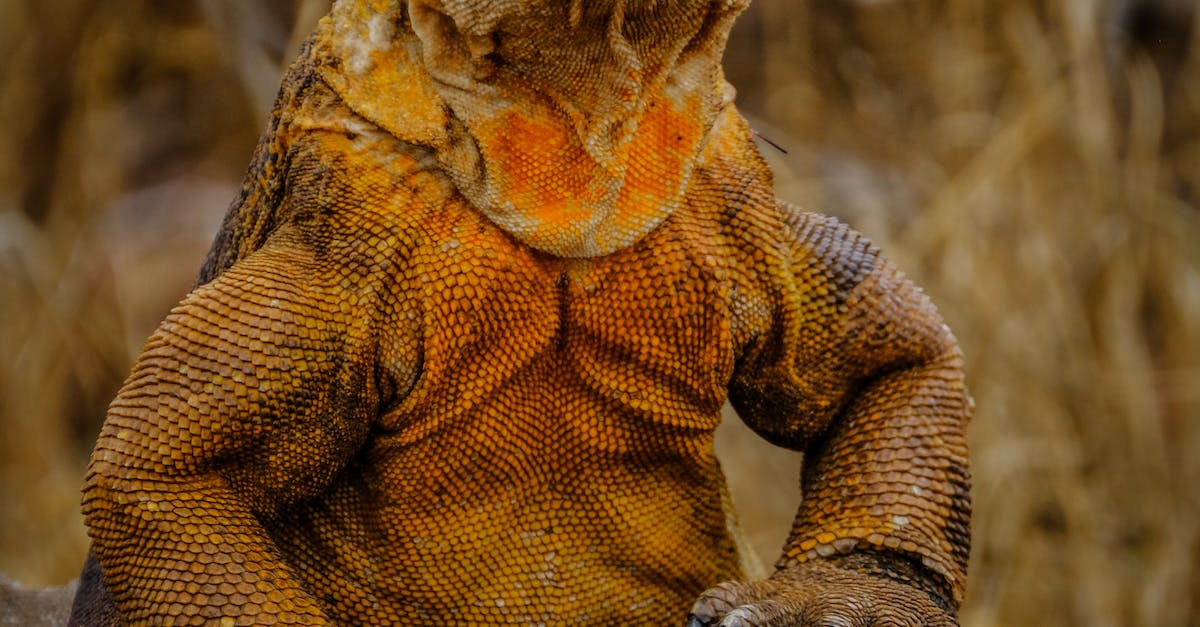
Are you wondering what the best fruits for your pet lizards are? Look no further! There are plenty of delicious and nutritious fruits that they can enjoy.
While many lizards are carnivorous and enjoy a meaty snack, they can also benefit from a varied and healthy diet. Besides, many fruits provide important nutrients, vitamins, and minerals that lizards need.
Their favorite fruits? Apples, bananas, and berries always go down a treat with pet lizards. Apples are especially great for your pet pal, with their crunchy texture and sweet taste. Sliced apples are even more of a treat since they make it easier for them to eat. However, make sure to cut the apples into appropriately sized pieces – otherwise, your lizard might choke.
Bananas are also great, providing important minerals and nutrients. However, remember that since the skin of the banana is quite thick, it can be more difficult for your pet to eat. If necessary, slice the banana into slices to make it easier.
Berries are a perfect snack for your pet lizard, with their refreshing and sweet taste. Strawberries, blueberries, and blackberries are all great choices! And they’re high in antioxidants, which are great for their health.
However, there are some fruits you should avoid giving your lizard, such as grapes and citrus fruits. Grapes are much too small and can be a choking hazard. Citrus fruits, on the other hand, can produce too much acidity in their stomach, which can cause serious digestive problems.
Fruits are a great food choice for your pet lizard, as long as you choose wisely! With various delicious fruits, your lizard will never be bored of its diet.
What Fruits to Avoid for Lizards
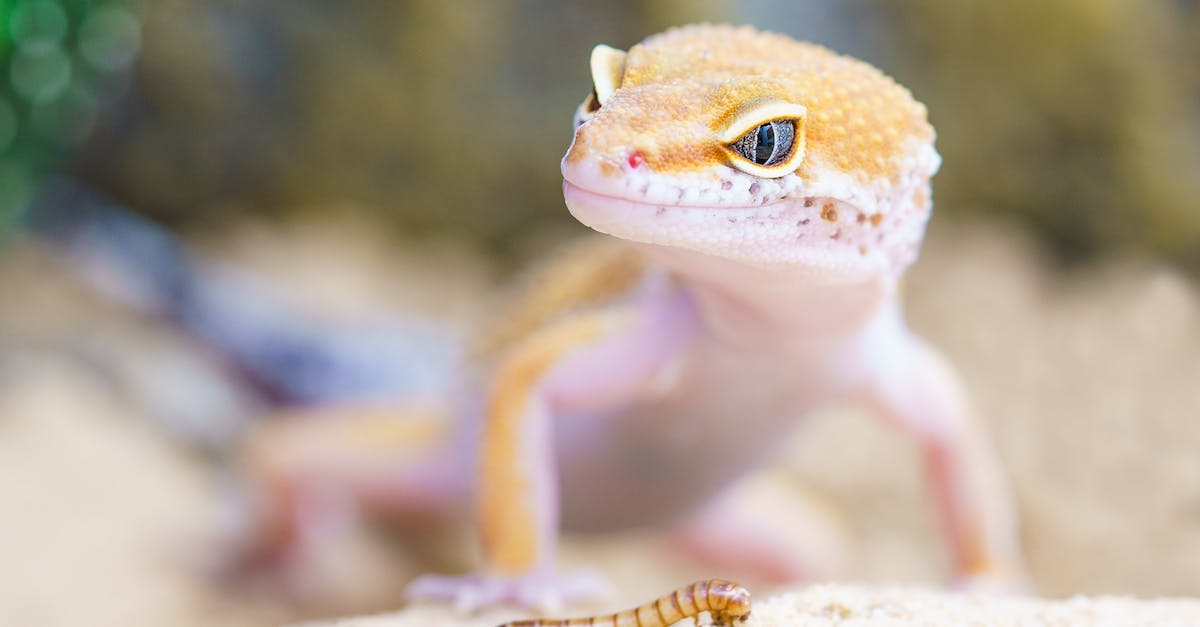
Ah, the most important question is, what fruits should lizards avoid? Lizards are picky eaters, so making the wrong choice can harm your little scaly friend.
Let’s start with citric fruits like lemons, oranges, and limes. Oranges may be juicy and delicious, but as much as your lizard may be tempted to chug down on one, it’s a big no-no. Lemon rinds and limes contain potent oils that can irritate a lizard’s stomach if ingested – an odd flavor combination you want to avoid.
Avocadoes are another food that you must avoid feeding your lizard. Avocadoes contain a chemical called persin, which can be toxic to lizards if ingested. Additionally, the pit of an avocado is usually too large for a lizard to swallow and can potentially cause choking.
Finally, as much as we may be tempted to treat our lizards to a banana, it’s also best to avoid these. Bananas contain too much sugar and can cause an upset stomach in lizards. So while they make a tasty snack for us, they’re better skipped when it comes to your pet.
Knowing which fruits to avoid for lizards can make a world of difference to your pet’s health. It’s always best to consult your vet for any questions about your lizard’s diet.
Offering Fruits to Lizards
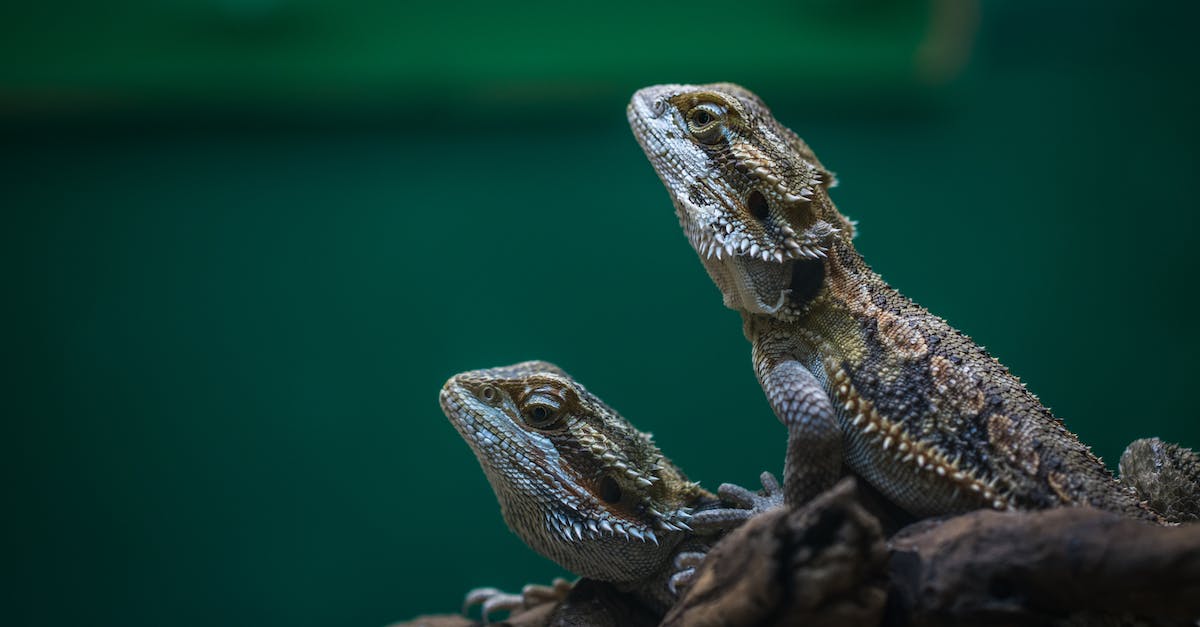
Do you have a pet lizard? You’ve probably spent a lot of time researching how to keep it healthy. A big part of a lizard’s diet should include fruits they can eat. But don’t let it be a boring experience; make it a fun one!
Begin by offering a variety of fruits. Although lizards may have a preference, they don’t get bored of eating the same fruit repeatedly. Make sure that the fruits they eat are chopped into small pieces and free of seeds. Some lizards prefer to peel their pieces of fruit.
You can offer exotic fruits such as sweet cherries, pomegranates, papayas, and kiwis. They can also snack on bananas, strawberries, blueberries, raspberries, and apples. These fruits are high in Vitamin C and other minerals necessary for the lizard’s diet.
Cut the fruit into small pieces and place them on the floor of the lizard’s cage. This will make it easier for them to grab it with their small claws and mouths. You can also dangle pieces of fruit from a stick or a string; it’s like a moving buffet line!
If your lizard is hesitant to eat the fruit, you can try covering it with a thin layer of a treat it likes, such as honey or yogurt. This should entice it to take a bite. Once your lizard starts to eat the fruit, encourage it. Praise it for its bravery.
Fruits are one of the best things you can offer your pet lizards. Not only are they incredibly healthy, but they also help encourage natural behavior.
Ensure all fruits are washed, peeled, seed-free, and cut into small pieces before giving them to your pet. With a balanced diet of fruits and vegetables, your pet lizard will be thriving in no time.
Determining if a Lizard is Eating Fruit
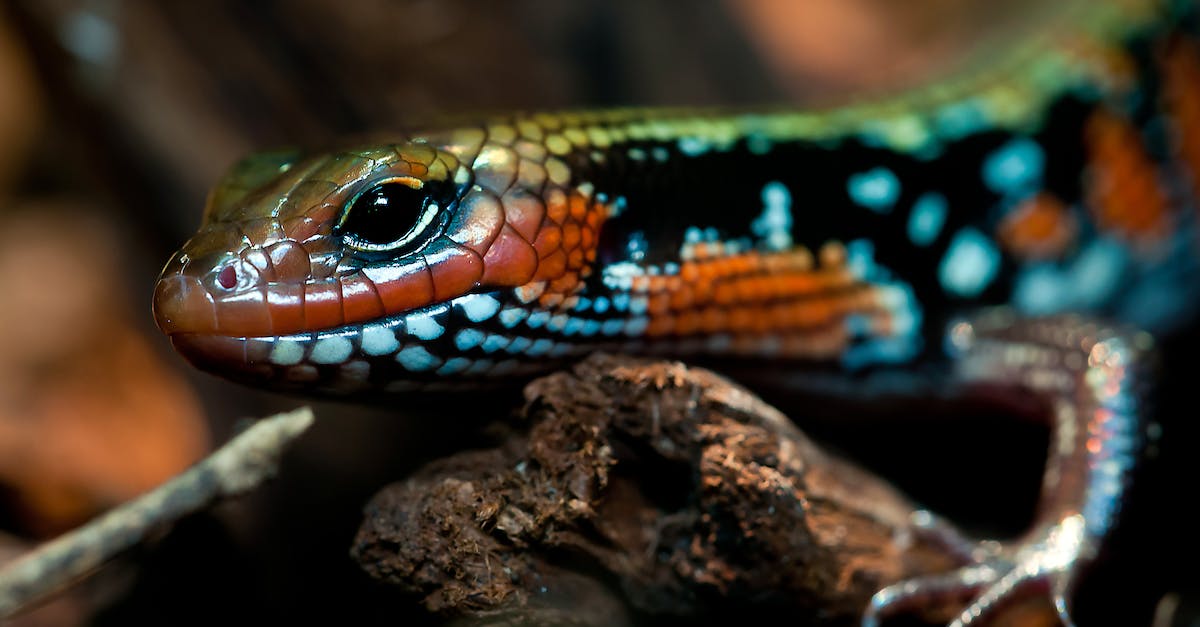
Determining if your lizard is eating its fruits doesn’t have to be daunting, even though the idea of a pet eating its food may seem strange! To determine if your lizard is snacking on some extra fruity goodness, you can do a few simple things to monitor it.
First, make sure to observe your lizard’s eating habits. What does a regular diet look like for your pet? Are fruits involved, or does your lizard adhere strictly to a carnivorous diet? Once you have established patterns, you can easily identify if changes in diet occur. For example, if you notice your pet suddenly munching on a piece of apple, you will know they’re getting into some fruit.
Another way to tell if your lizard is eating fruit is to monitor its skin or poop. As you know, one of the indicators of a healthy diet is having soft and supple skin, so if your lizard is suddenly smoother than ever, it could be a sign they’re getting more of their daily dose of vitamins. Similarly, identifying what comes out in their waste can give you insight into what they’re eating.
Finally, suppose you want to ensure your pet gets its daily dose of vitamins and minerals. In that case, you can look for multivitamins for reptiles specifically tailored to their dietary needs. Many types of multivitamins are formulated to include important minerals, fruits, and other sources of nutrition that can help support a species’ health.
Keeping tabs on a pet eating its food may seem impossible, but with these tips and tricks, you can determine if your lizard is snacking on fruits in no time. Remember that fruits are only meant for special occasions and should not be a permanent addition to your lizard’s diet.
Supplementation for Lizards Eating Fruit
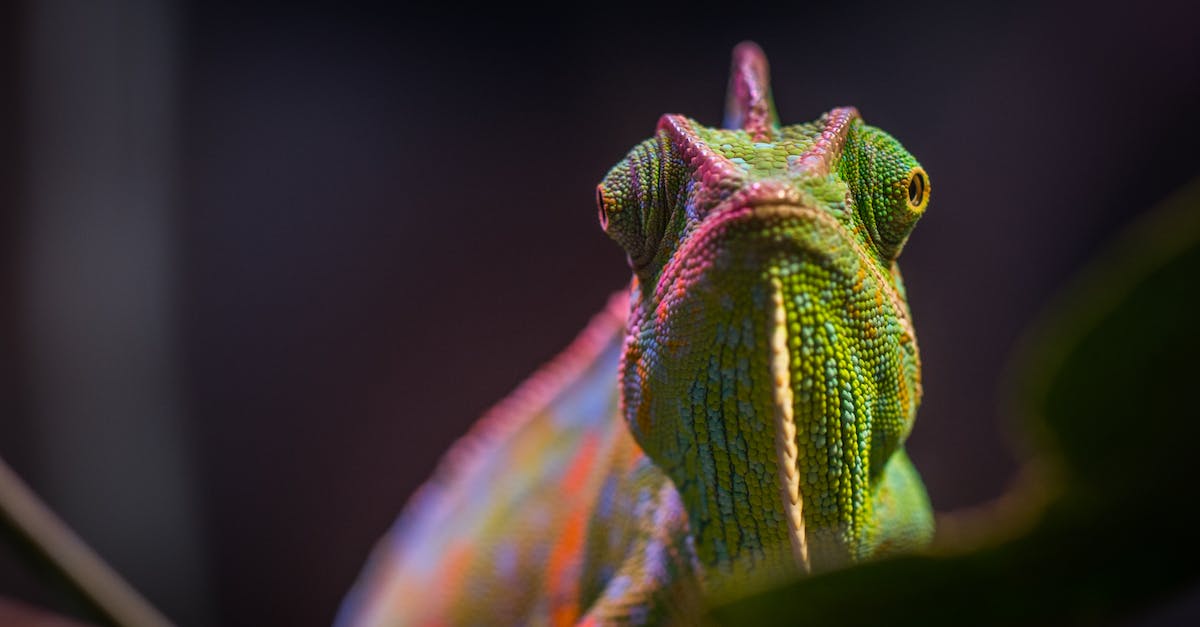
You probably have a few questions if you’ve been watching your lizard munching on that strawberry. Should they be eating more of these goodies, or is this a one-time treat? Can lizards survive on fruit alone?
The answer to these questions is complicated — it depends on the specific species of lizard you have and which type of fruit they’re chowing down on. Generally, lizards shouldn’t be eating only fruit — so if you want your scaly friend to stay healthy, you’ll need to supplement their diet with some other items.
One of your lizard’s favorite treats should be diced crickets and mealworms. High in fat and protein, these tasty treats can give your pet the nutrients it needs to flourish. You’ll also want to ensure you’re offering your pet a variety of other insects, such as locusts, cockroaches, and earthworms.
For some vegetarians, another option is to feed your pet dark, leafy greens. Avoid iceberg lettuce, as this doesn’t contain the nutrition your pet needs, but dandelion, collard, and mustard greens should do the trick. You can also select plant-based fruits, such as beans, squash, pumpkin, and pomegranate. But just like all lizards, your pet needs a high-calorie and nutrient-packed diet, so be careful not to feed them too many veggies.
I include some vitamins in my lizard’s diet. High-quality calcium and vitamin powder should be sprinkled on his food at least twice weekly to ensure he gets all the necessary nutrients.
These supplemental additions to a fruit-based diet help me keep my lizard healthy and happy.
Always check with a vet if you are unsure about using vitamins!
Conclusion
To sum up, it is safe to say that lizards can safely eat fruits high in vitamins, minerals, and other essential nutrients. While it is certainly not an exhaustive list, these fruits and vegetables are fantastic options that lizards love to eat. Before introducing a new fruit and vegetable to a pet lizard, it’s important to research to determine if it suits them.
So be sure to double-check before going shopping with your reptile in tow!
After all, the last thing we need is to create a little drama in the produce aisle!
References:
Citric Fruits – The Lighter Side of Reptile Keeping. 2019. https://thelightersideofcr.com/citrus-fruits-for-lizards/.
Avocado Toxicity & Allergies in Pet Lizards. 2016. https://pets.webmd.com/lizards-avocados-toxicity-and-allergies#
Can Lizards Eat Bananas? 2018. https://animalso.com/can-lizards-eat-bananas/
https://www.petmd.com/reptile/nutrition/what-fruits-can-lizards-eat

